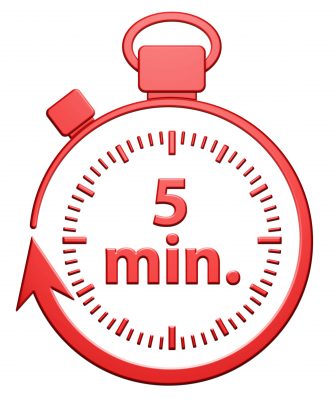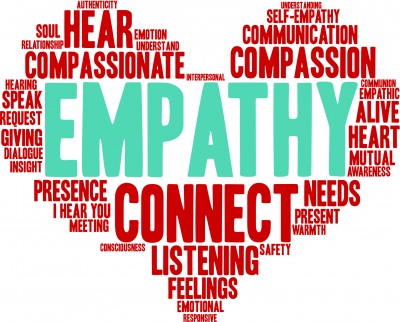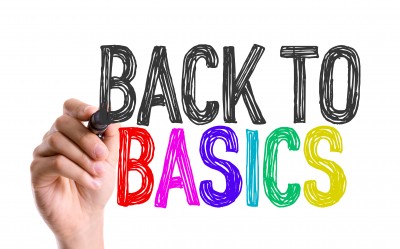 Lawrence Peter “Yogi” Berra was an American professional baseball catcher, manager, and coach who played 19 seasons in Major League Baseball. One of his famous quotes “The Future Ain’t What it Used to Be” couldn’t be more appropriate as we look at the paradigm shifts taking place in our aging world.
Lawrence Peter “Yogi” Berra was an American professional baseball catcher, manager, and coach who played 19 seasons in Major League Baseball. One of his famous quotes “The Future Ain’t What it Used to Be” couldn’t be more appropriate as we look at the paradigm shifts taking place in our aging world.
Let’s ponder these facts:
- By 2050, the number of people over 65 will more than double. Cities, communities, companies–and our entire culture–have some adjusting to do.
- According the World Health Organization, the world will be short of 12.9 million health-care workers by 2035; today, that figure stands at 7.2 million. A 2013 WHO report warns that the findings – if not addressed now – will have serious implications for the health of billions of people across all regions of the world.
- Increases in the number of older Americans will have a profound impact on the age structure of the U.S. population. Back in 1970, children made up about one-third of the U.S. population, and only one-tenth were ages 65 and older. Today, the proportion who are children has dropped to about one-fourth, while the share who are elderly has risen to 13 percent.
Collaboration among and between private and public sectors who serve aging adults and their caregivers is taking off. We are all realizing that creating partnerships benefits all stake holders.
I think the legacy of this time period is not just about the paradigm shift, but that we have before us the greatest opportunity to instill in people the need to care for our elders and each other as we face these enormous societal challenges. We can humanize the way we care for others across generations. This is exciting and perhaps the greatest gift we can give to future generations.
The future certainly ain’t what it used to be…it can be better than ever!
Pam Brandon is President/Founder of AGE-u-cate® Training Institute. A passionate advocate for our elders and those that care for them, her company’s mission is grounded in creating transformative change by providing innovative training and education.
 Time is precious. Staff is in short supply. Family caregivers are stretched to the limit. Just taking care of the basic needs is hard enough, so five minutes a day seems – IMPOSSIBLE!
Time is precious. Staff is in short supply. Family caregivers are stretched to the limit. Just taking care of the basic needs is hard enough, so five minutes a day seems – IMPOSSIBLE! Neurological research substantiates that human beings appear to be “wired” to be empathetic. In other words, we all have an innate ability to be empathetic. Would empathy training in dementia care provide a strong foundation tool for front line staff to help improve the quality of life for those living with dementia?
Neurological research substantiates that human beings appear to be “wired” to be empathetic. In other words, we all have an innate ability to be empathetic. Would empathy training in dementia care provide a strong foundation tool for front line staff to help improve the quality of life for those living with dementia? The number of older adults with dementia is forecast to more than double in the next 40 years. Training people to care for these individuals – both professionals and families is paramount in improving the quality of life for the caregiver as well as the care receiver. Is it time to get back to basics in our approach to education and training?
The number of older adults with dementia is forecast to more than double in the next 40 years. Training people to care for these individuals – both professionals and families is paramount in improving the quality of life for the caregiver as well as the care receiver. Is it time to get back to basics in our approach to education and training?